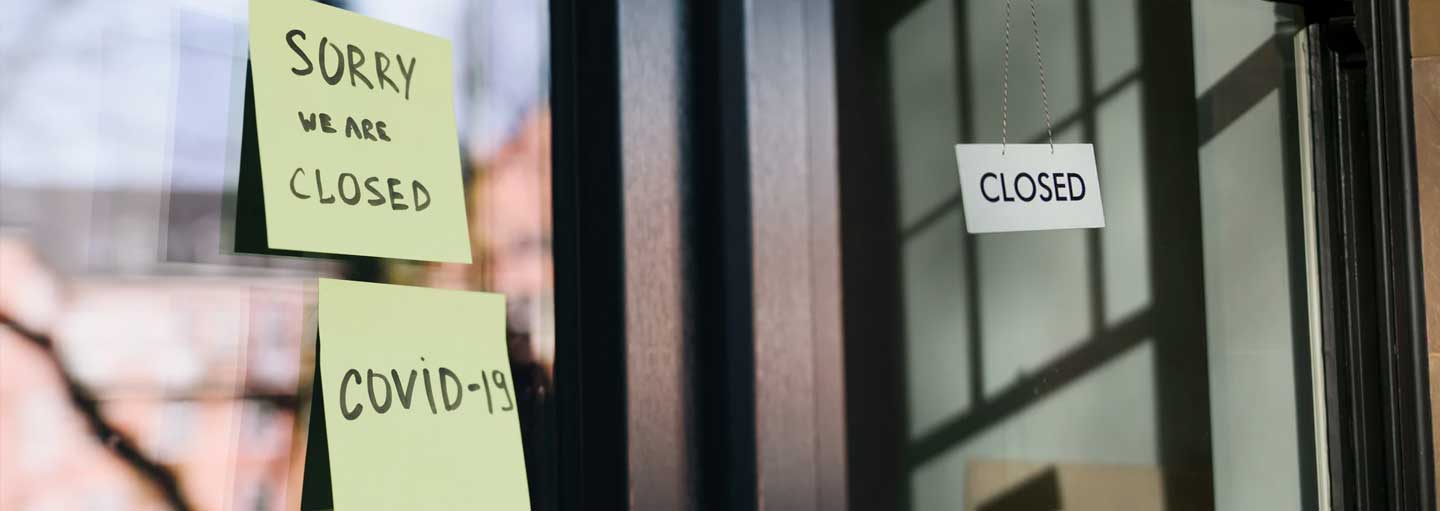Professor Mark Woolhouse, epidemiologist at Edinburgh University and adviser to the UK Government has reportedly said attempting to control coronavirus through lockdown measures was a ‘monumental mistake on a global scale.’
Woolhouse, member of the Scientific Pandemic Influenza Group on Behaviours that advises the government, described lockdown as a “panic measure” that was enacted because authorities “couldn’t think of anything better to do” in response to the COVID-19 pandemic.
“Lockdown was a panic measure,” Woolhouse said. “And I believe history will say trying to control COVID-19 through lockdown was a monumental mistake on a global scale, the cure was worse than the disease.”
According to Woolhouse, the lockdowns, which were never going to change anything fundamentally, exacerbated the situation by inflicting as much harm, if not greater harm, on society than the virus itself.
“I never want to see national lockdown again,” he said. “It was always a temporary measure that simply delayed the stage of the epidemic we see now. It was never going to change anything fundamentally, however low we drove down the number of cases, and now we know more about the virus and how to track it we should not be in this position again.
“We absolutely should never return to a position where children cannot play or go to school. I believe the harm lockdown is doing to our education, health care access, and broader aspects of our economy and society will turn out to be at least as great as the harm done by COVID-19.
“I suspect right now more people are being harmed by the collateral effects of lockdown than by COVID-19.”
Woolhouse went on to say a broader range of people are needed on the government advisory board Sage with equal input. These would include economists to assess the damage to income, jobs, and livelihoods; educationalists to assess the damage to children; mental health specialists to assess levels of depression and anxiety, especially among younger adults; and psychologists to assess the effects of not being able to go to the theatre or a football match.
The professor said he agreed with the lockdown measures in March, “as a short term emergency response because we couldn’t think of anything better to do, but it was always clear that the moment we started to relax enough measures we were likely to see infection rates rise again either nationally or locally.”
Woolhouse said his hope was that they would have learnt how to handle the virus better so the lockdown would no longer be necessary, however, little progress has been made in finding a viable alternative to lockdown.
“My concern is that far too many people involved in managing this pandemic have in mind that it will somehow burn itself out,” he said. “I don’t expect it to.”
“I would not dignify waiting for a vaccine with the term ‘strategy.’ That’s a hope, not a strategy. But we do need to get on with providing an alternative to lockdown.”























